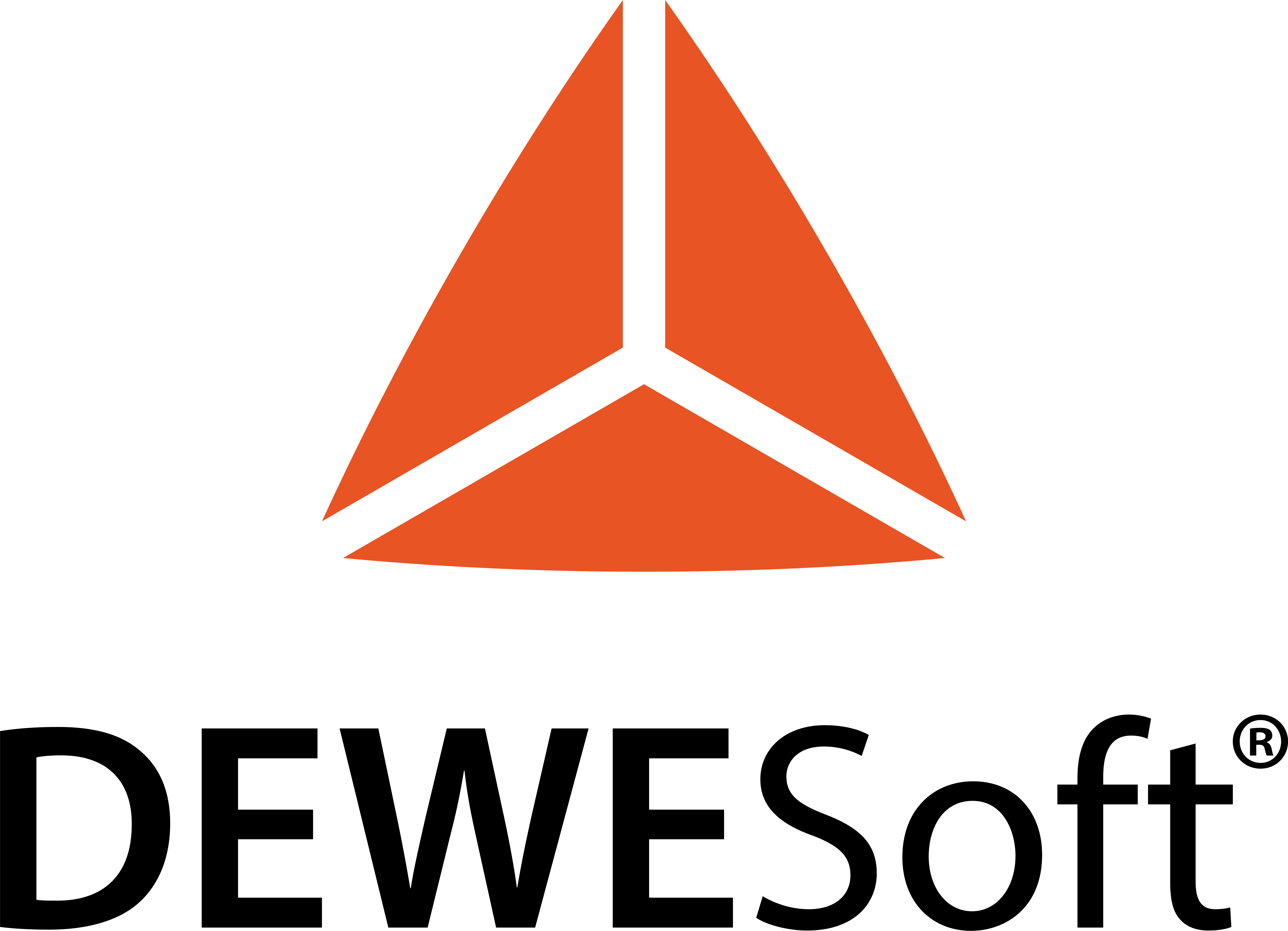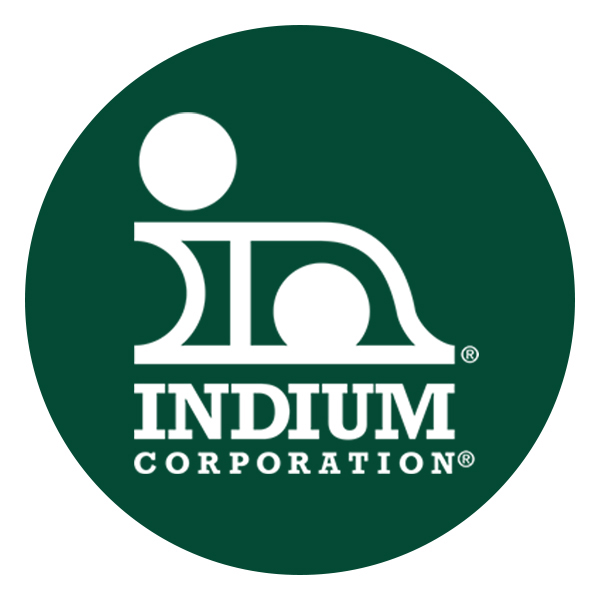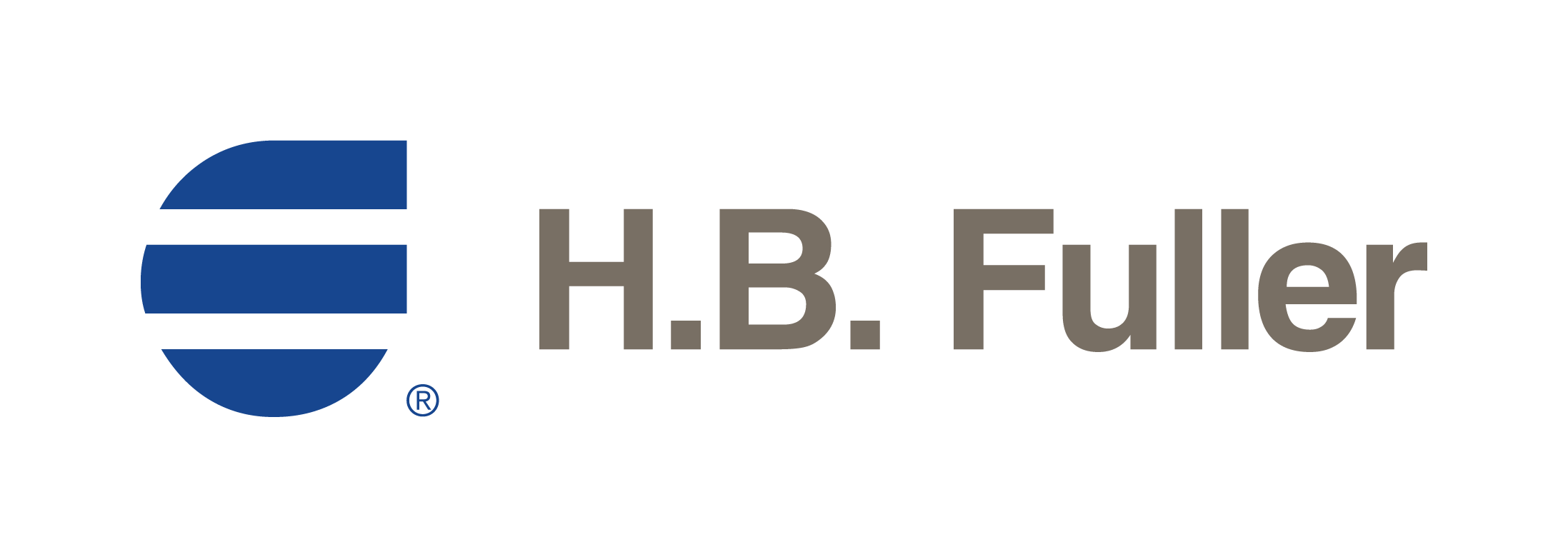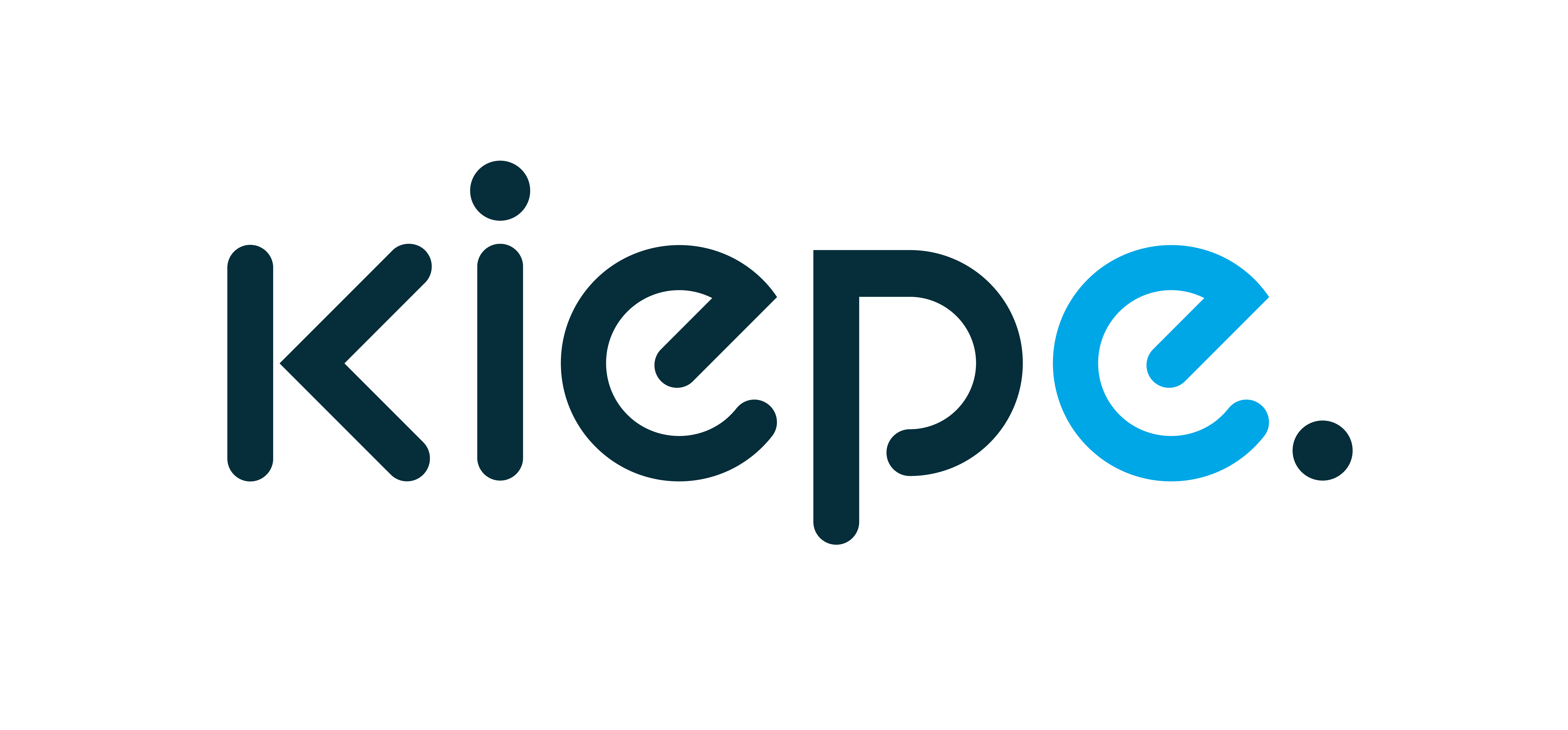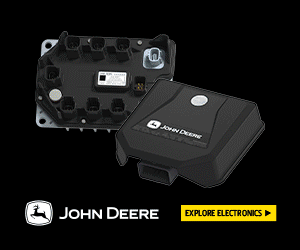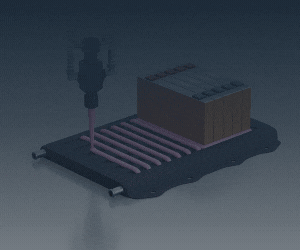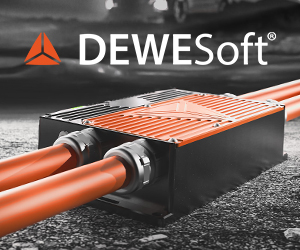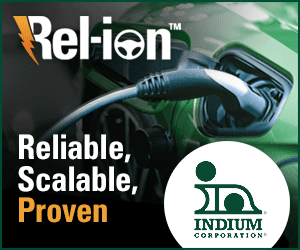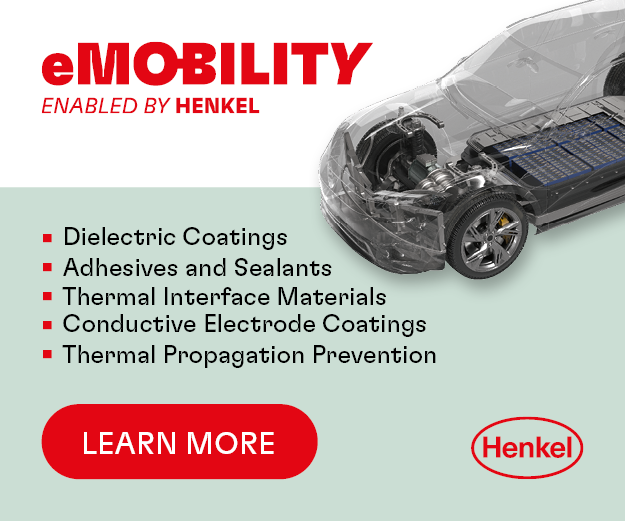Super/ultracaps set for new applications in EVs, says UCAP Power CEO
In the wake of Tesla’s sale of supercapacitor/ultracapacitor maker Maxwell Technologies, Gordon Schenk, CEO of UCAP Power, which bought the company, exclusively discussed the future of this high-power, short-duration technology and its EV applications, in which it complements and could replace some batteries (writes Peter Donaldson).
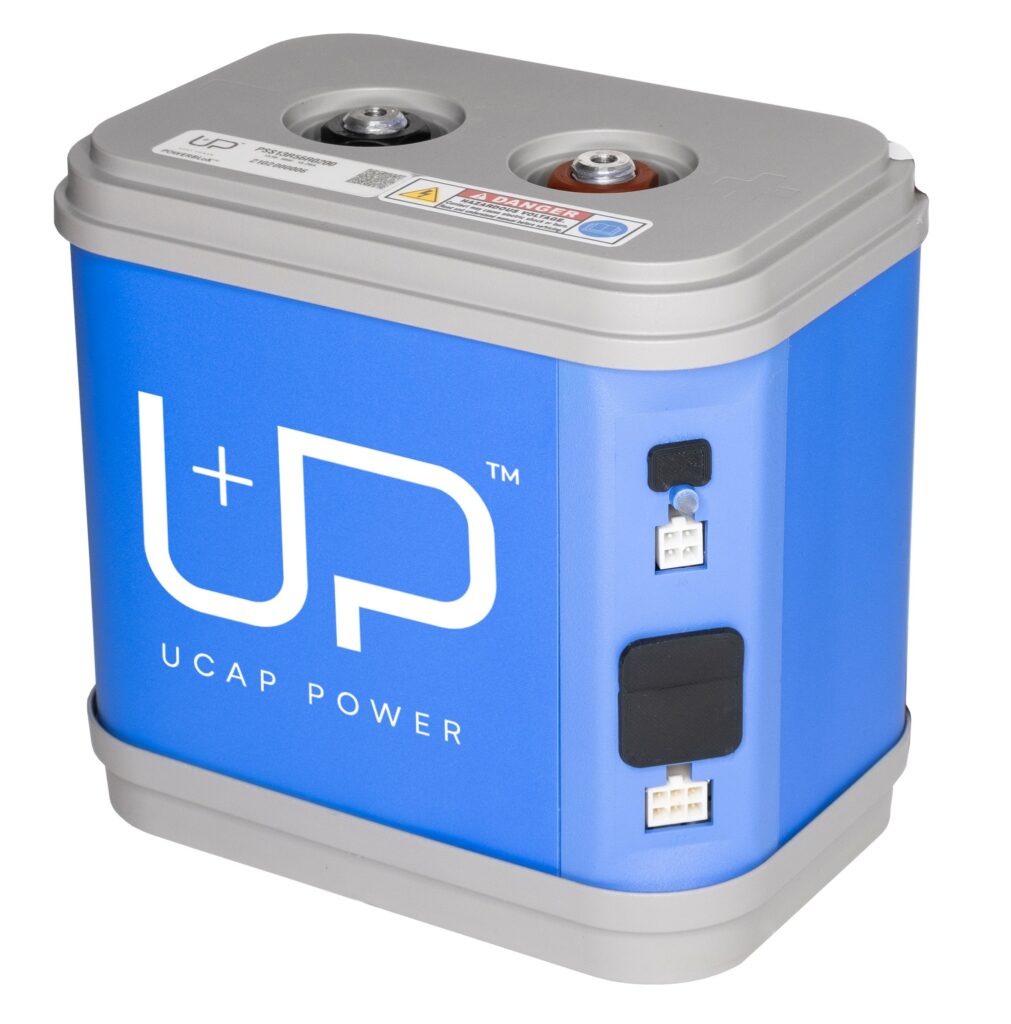
(Courtesy of UCAP Power)
Compared with batteries, ultracapacitors have lower specific energy in Wh/kg and lower energy density in Wh/litre, but their ability to charge and discharge much more rapidly than batteries means they have much higher specific power in W/kg and power density in W/litre.
Along with their very long service lives and tolerance of temperature extremes, it is ultracapacitors’ ability to generate high power for short periods that suits them to load-smoothing and gap-filling applications in renewable energy, industrial, residential and transport markets, including EVs.
Development efforts are now focused on extending the length of time over which ultracapacitors can deliver power, with the aim of competing more strongly with batteries and even eliminating them in some applications, Schenk says.
“The UCAP Power and Maxwell r&d teams are actively working on increasing the energy density without giving up power density,” he says.
“Our holy grail is how to get from a short duration, say less than a minute, to make it more like 5 or 10 minutes. That would open up a swathe of new applications.”
One such application involves eliminating lead-acid batteries, which are still ubiquitous in IC-engined vehicles and common in EVs for low-voltage auxiliary applications. They are also a target of upcoming legislation because of lead’s toxicity.
Hybridising ultracapacitors and batteries is an important approach to this kind of application, Schenk notes. “Installing a bank of ultracaps, monitoring their controls and feeding the information into a standard battery management system was at the core of what we did when I was vice-president at Maxwell, and it is something we will be bringing back with UCAP and Maxwell combined,” he adds.

(Courtesy of UCAP Power)
Supercapacitor and ultracapacitor are equivalent terms for devices also known as electric double-layer capacitors, which store charge in electric fields instead of chemical reactions, as batteries do.
However, so-called pseudo capacitors use electrochemical reactions, while hybrid capacitors use both types of process, one on each electrode, and both are examples of technologies that blur the lines between ultracapacitors and batteries, and point to future development directions.
“In the longer term, we are looking to do things in chemistry that are unique,” Schenk says. “The EU has an edict to get rid of lead-acid batteries in automobiles in the 2024-25 timeframe, which seems pretty aggressive, and the ability to take an ultracap – in a module or in a bigger system – and combine it with a non-lead-acid battery is being worked on now.”
In the meantime, ultracapacitors are expanding into more applications in EVs and hybrids. Schenk anticipates that they will play an increasingly important role as back-up power sources for advanced driver assistance systems in EVs. “If the battery dies on the highway and the car needs a minute to get to a safe stopping place, ultracaps are a great solution,” he says.
ONLINE PARTNERS



